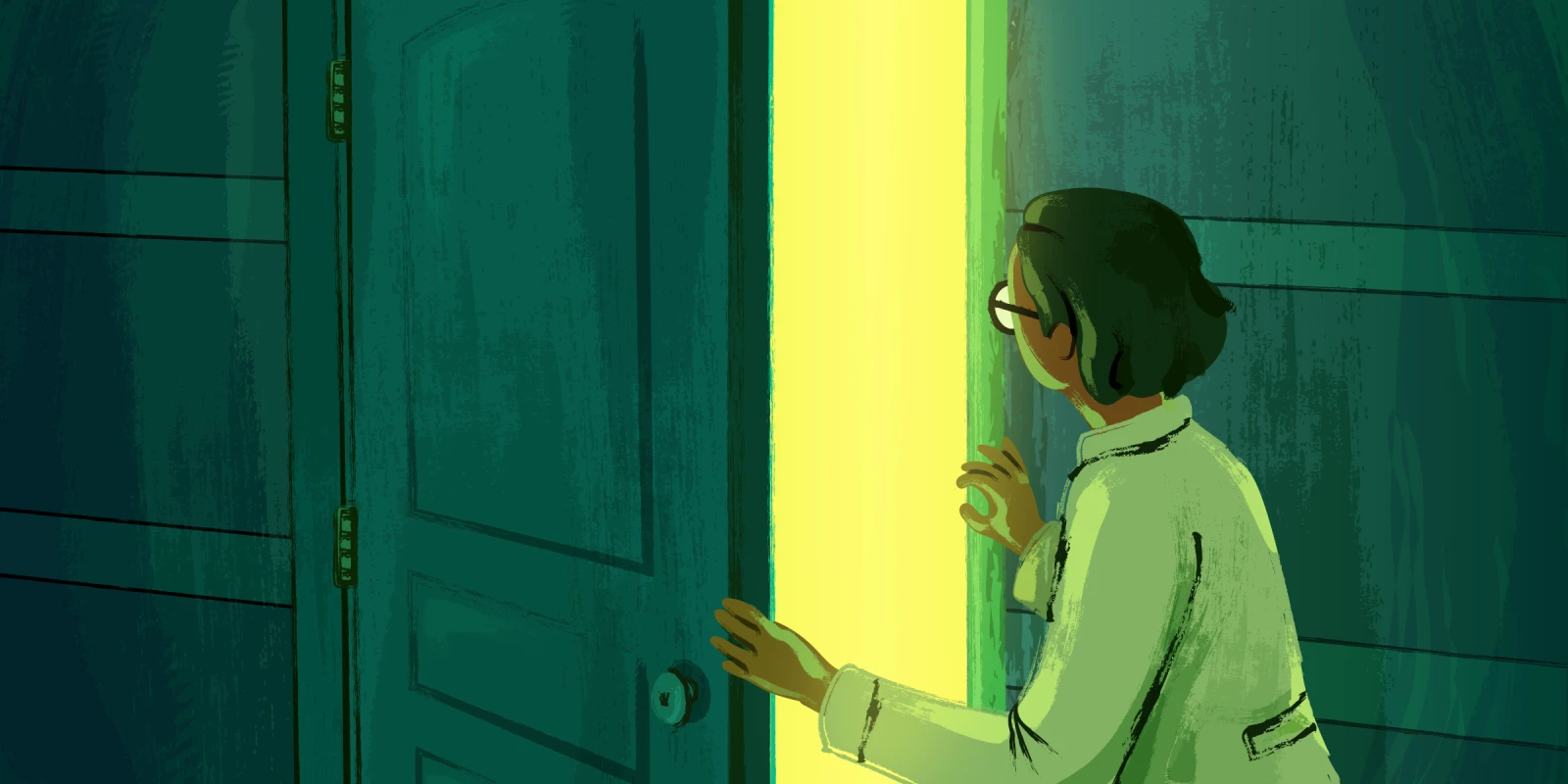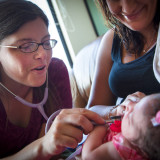I didn’t start my career with a definite plan to own a private practice. But over time, little pieces of business ownership slipped into my way of thinking. I opened my micropractice (no staff, just me) with a dual purpose: provide affordable care for my community and have a flexible work schedule to care for my two young children. By the time I sold my practice seven years later, I had learned many lessons — some the easy way, some the hard way.
1) Start With an Exit Plan
This seems counterintuitive, like hiring a divorce lawyer while planning a wedding, but the reality is that while not every marriage ends in divorce, every practice owner will eventually either retire or die. As an employed physician, you don’t have to worry about what happens to the business if you retire. But as a solo physician, you ARE the business. You could take your stethoscope and prescription pad and practice with nothing else if you absolutely had to. So when you retire, the business is either going to close or be sold. By starting with an exit plan, you can make decisions that keep your options open and even pave the way for a smooth transition whenever it happens.
Thankfully, I did unintentionally pave the way for a new clinician to take over. I love keeping very clear records and titled every item in a patient’s chart with the most pertinent information; it was easy for the new owner to skim through a chart and find any older information she needed. I also know a physician who bought a practice in which the previous owner had kept records only for his own use and carried most of the information in his head. While the records were enough to jog the memory of the original physician, for my colleague it was a nightmare trying to find anything in a person’s chart with pages and pages of documents without helpful titles.
2) Learn to Set Very Clear Boundaries
You can set your boundaries wherever you want them. I live in the area where I practice so I’d see my patients at the park and in the grocery store. I never had problems with the patients in my own town, but patients who drove in from other areas would misinterpret my personable style and be overly familiar.
One day fairly early in my practice, I was walking home from work for lunch when I got a call on the urgent line. The voice on the other end asked frantically, “Dr. Robin, I need a ride to the airport. Can you drive me?” It takes about an hour to get to the airport so besides being the wrong person to ask, this was a request for over two hours of my time. I was stunned. I said no, she should call one of her friends, and that was the end of the conversation. As I reflected on the interaction, I realized that many of my patients — especially the out-of-towners like my airport ride requester — thought of me as a friend.
After that, I became a lot more clear about the friend versus physician boundary. I also had all urgent calls go to voicemail first. Then I could screen the call and decide if it was actually worthy of an urgent reply.
3) You Don’t Have to Always Be Available
It can be easy as a solo physician to feel personally responsible for each patient. And it certainly is a special role to have literally no one else checking up on what you’re doing. But your patients are resourceful adults (or have adult parents) who are perfectly capable of figuring out alternative solutions if you want to go on a hike with your family, sleep in late, or take a vacation. The ongoing discussion in many solo physician circles is how to manage call coverage. While call coverage is certainly an option for some people, realize that you don’t actually have to provide that.
A few years into my practice, I read an article about a rural area that needed another physician because when their only physician went on vacation, stayed home sick, or drove into the city to stay for a few days, patients had to drive almost two hours to the nearest hospital for care. What struck me about the article was that the doctor still went on vacation, stayed home sick, and enjoyed a few days in the city. Within a two mile radius of my practice there are two hospitals, three urgent care clinics, and innumerable other physicians. I realized that if another physician could leave his patients to drive two hours to get care, I could certainly let my patients fend for themselves in this abundance of medical options.
4) You Will Become More Attached
Just as a monogamous relationship has different dynamics than a polyamorous one, having such a direct relationship with a patient is a completely different experience from team based care. And much like a rural physician, I had the privilege of caring for multiple generations of families, people who worked together in an office, and patients who were members of the same church. This meant that I not only had to be more careful about boundaries and privacy, I also found myself much more emotionally attached to my patients. As a solo doc, I had the freedom to pay social visits to my patients in the hospital or even do home visits.
One extended family I cared for comes to mind. I sat with my patient’s family at the hospital as they made the difficult decision to start home hospice for the young grandfather of the clan who had been seemingly well the week before. I did home visits for the wife’s care so that she could stay with him as much as possible, which meant meeting all of the extended family and friends who loved them. I remember doing a knee injection for her arthritis with her sitting on her dining room table. Going to his funeral felt emotionally closer to going to the funeral of a family member than that of a patient. I stayed long after the funeral to talk and connect rather than paying my respects and leaving. Thankfully, this gave me more closure than I’d had with any previous patient who died while in my care because I was part of the circle of mourners.
5) You Will Never Look at Medicine the Same Again
Prior to my micropractice, I would have told you that medicine was my calling. I would have said that I knew my patients well and cared deeply about them. But my previous experience was like staying at an Airbnb compared to owning a home. Sure, they look the same. You can use the pots and pans in the kitchen. You have a key. But when it’s your own home, you’re invested in every aspect of it. You care about the plumbing and have to figure out whether you’re going to clean the windows or hire someone. You know the funny squeak that only happens in the winter when the house dries out. You choose who comes into your house and who never gets invited. You decide the style and colors.
In the same way, in a micropractice you will be intimately involved in every aspect of the practice and patient care. You decide your patient composition. You decide which vendors to work with and can change them instantly. If a patient forgets to leave a name with their message, you’ll know who it is immediately by the sound of their voice and confirm that when their question matches the medical history you carry in your head. That level of intimacy with medicine changes you. You see the whole complex medical establishment for what it is, a really complicated way of doing something very simple: caring for patients.
What are your thoughts on a micropractice? Would you open one? If you own one, do you enjoy it? Share your experiences in the comments.
Robin Dickinson, MD is a board-certified family physician who teaches clinical skills to first-year students at Rocky Vista University. She created the first pre-medical curriculum for kids, hosts a podcast for young people who want to be physicians, consults neurodiverse families and individuals, and founded the only free clinic and the first DPC practice in her hometown. You can find her at robindickinsonmd. Dr. Dickinson is a 2021–2022 Doximity Op-Med Fellow.
Illustration by April Brust






